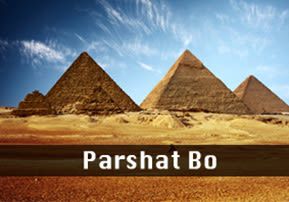
Bo: Beyond All Doubt
We have theories but still lack facts. Stonehenge is still a mystery as well. We're still looking for life in outer space though most of the signs...

יד וְהָיָ֞ה כִּֽי־יִשְׁאָֽלְךָ֥ בִנְךָ֛ מָחָ֖ר לֵאמֹ֣ר מַה־זֹּ֑את וְאָֽמַרְתָּ֣ אֵלָ֔יו בְּחֹ֣זֶק יָ֗ד הֽוֹצִיאָ֧נוּ יְהֹוָ֛ה מִמִּצְרַ֖יִם מִבֵּ֥ית עֲבָדִֽים:
And it shall be when your son will ask you at some future time, “What is this?” you shall say to him, “With a strong hand G-d removed us from Egypt from the house of bondage.” (Shemot 13:14)
Did I believe in the Exodus story as told in the Torah? The year before I became a baal teshuva, not really; the year after, I believed completely. Now, 30 years later, I believe beyond a shadow of a doubt, which in Hebrew is the word suffek, which has the same gematria of the name Amalek, 240. It is Amalek’s job to confuse the Jewish people, to make them doubt G-d and Torah, and to try and convince them that the Exodus never took place.
I never tried to prove the Exodus story to myself, and I never tried to convince myself that Torah was from G-d. Indeed, I spent more time trying to do just the opposite. I simply learned and built up my base of Torah knowledge until the realities just seemed to follow. The knowledge itself demanded the belief.
Once, during a teaching session about belief in a particular Torah concept, a certain (adult) student challenged me in a somewhat argumentative tone, “Yeah, why do you believe what you do?” hoping that I would respond with some sort of blind faith answer that they could then attack, which probably would have had a dramatic negative impact on the other students as well.
As I prepared to answer the question, I asked myself, “How do I share years of research and learning with a group of people in five minutes, and expect them to hear the answer and appreciate it on the same level that I do now?”
And that was my answer, “If you knew what I now know, you would believe it to.”
To this very day, I’m not sure where that answer came from, other than from Heaven itself. But it was one of the most effective answers I have ever given, for not only did it disarm the questioner, it said in a few words what I could not have said in an hour’s time. It told them that all I was teaching was the product of years of in-depth Torah learning, and that my belief was a function of knowledge, not merely faith. It also told them that all that stands between them and such a solid belief was not what they thought they knew, but what they had yet to learn.
How do you argue a point like that?
But this is not a game. It is about beliefs, about the pursuit of truth, about connecting up with the G-d of Creation before He loses His patience and cuts us off altogether. Here was a man who calls himself a rabbi, prepared to rely upon an inaccurate and certainly incomplete science to put to death a belief system that the entire world requires to exist.
Had the man said, “I have studied Torah with Rashi and all the other major commentaries and super-commentaries. I have delved into the Mishnah, all of them, and understand their meaning and intentions. I have learned Talmud, not just one tractate, but the entire Talmud, both the Babylonian and the Jerusalem versions, and their ingenious commentaries, and have a good handle on the big picture they create. I have seen the many midrashim and have spent many years in the realm of Kabbalah. In short, I have seen all of Torah, at least as much as we have in our hands today, and quite frankly, I am not impressed. In truth, it is incoherent, and reveals no particular genius any more than that which any other intelligent society might have produced over time, let’s say in 2000 years. Little of it compels me, after my many years of sincere research on all four levels, Pshat, Remez, Drush, and Sod, to believe in what it has written as actual fact. Therefore, it does not surprise me that archeological evidence has yet to surface support of its historical account.”
Had he done this and said this, then maybe there would be what to listen to, what to take seriously. But he didn’t, and, he couldn’t. Because, had he worked this approach to the story of the Exodus, his question would be on the archeologists and their supporters, not on Torah and its supporters.
Questions? Of course there are, many indeed. We still haven’t confirmed why the earth is pock marked with huge craters though no sign of large asteroids remain for us as proof that they did the dirty work. We have theories but still lack facts. Stonehenge is still a mystery as well. Heck, we’re still looking for life in outer space though most of the signs indicate there is none. But we’ll spend billions of dollars to prove otherwise, because our belief is so strong that we can’t be the only ones alive in this vast and awesome universe, and no one says boo.
Questions are good. A little bit of doubt can be healthy, as long as it forces you to answer it to pursue deeper levels of truth. They are necessary for faith, and to drive a person to seek out truth through his mind, not just his eyes. The Greeks lived by the belief that seeing is believing, but Chanukah came along and taught us that believing is seeing too. Indeed, as the Leshem points out, the Primordial Light that G-d hid on the first day of Creation was only hidden from the evil of history, that is, those people who choose to lead with their eyes, and not with their minds.
Without that light, everyday life is just that – everyday, mundane life. Then the saying, “what you see is what you get,” is true. But for the person who pursues Torah with the goal of getting to the bottom of it all, this light reveals that which is hidden from most of the physical world by the majority of the world. The four-fifths of the Jews who died in this week’s parshah in the Plague of Darkness did so because they also didn’t believe in the Exodus from Egypt as told by the Torah.
As the Sefer Mitzvot HaKatan and the Talmud both imply, it will be quite the same just prior to the Final Redemption.



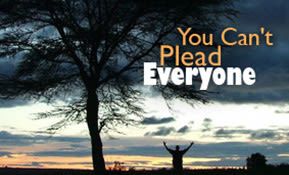
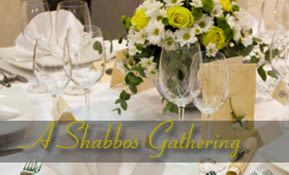
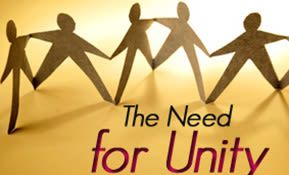
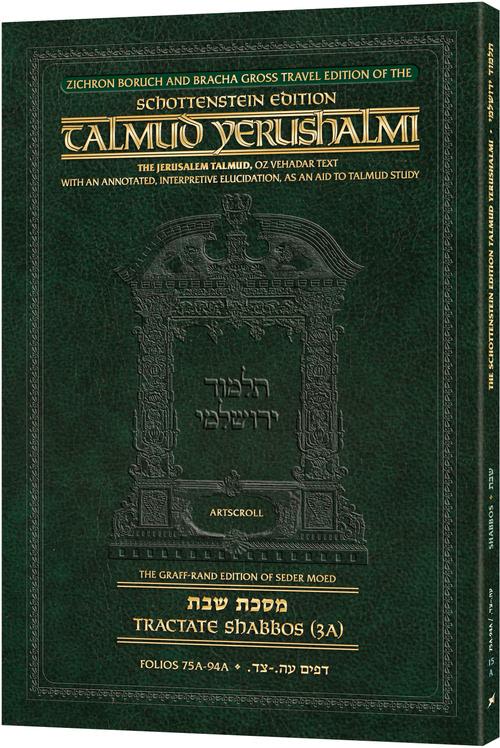
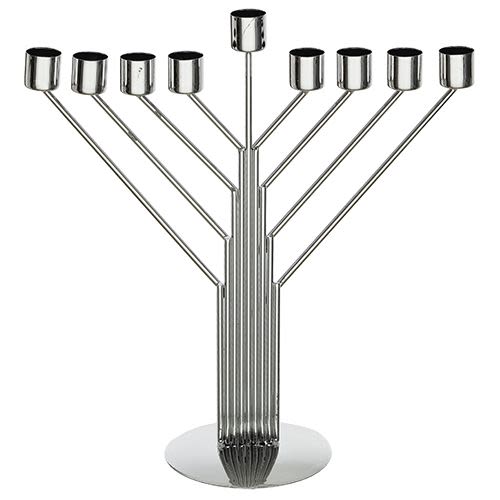

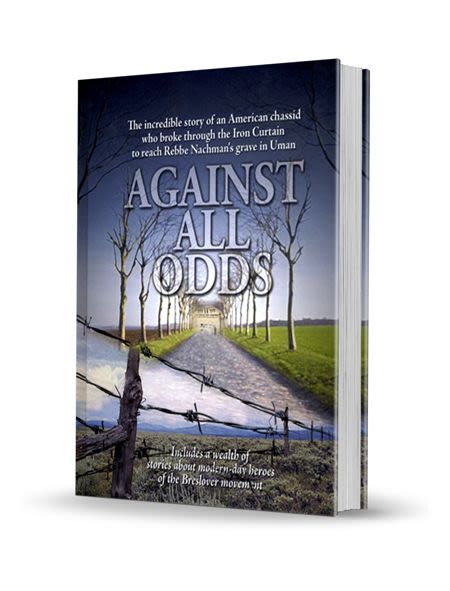
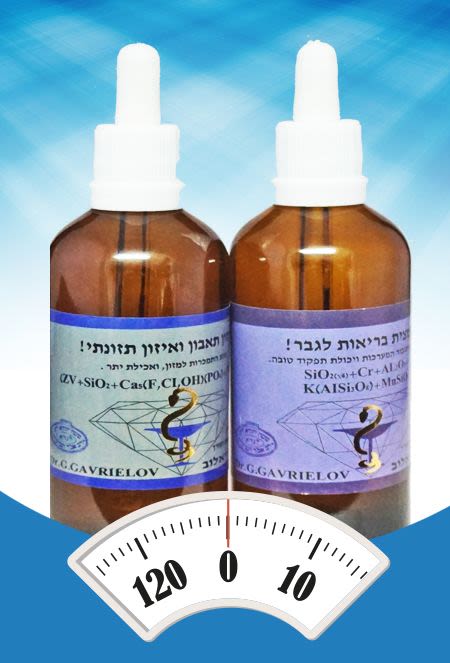
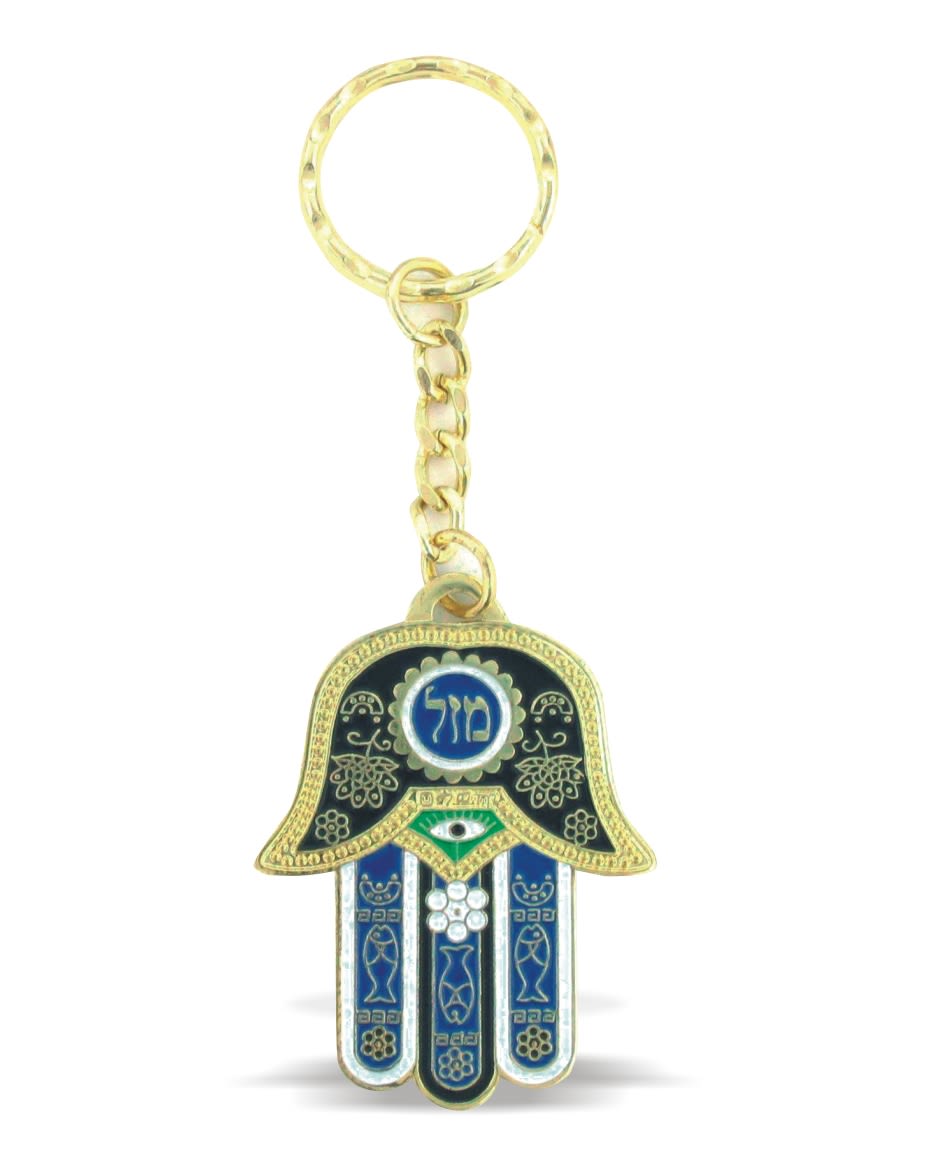
Tell us what you think!
Thank you for your comment!
It will be published after approval by the Editor.